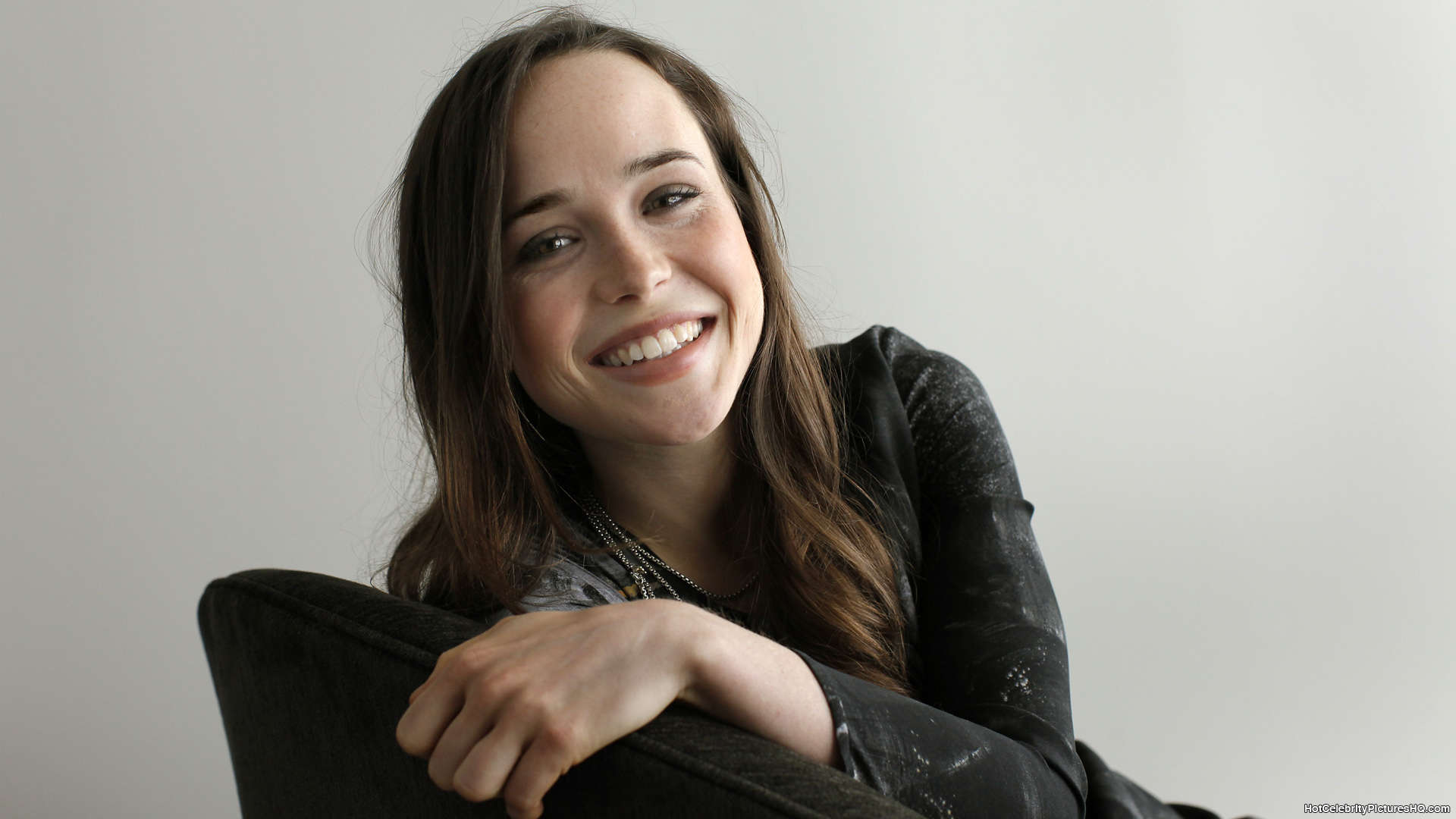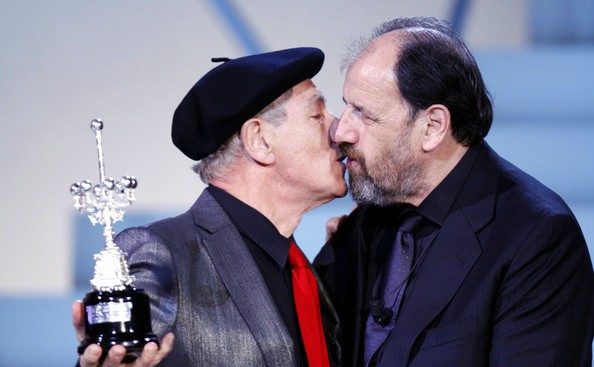WTF: GAY ACTORS AND HOMOPHOBIC HOLLYWOOD
By Samuel Leighton-Dore
If I had a single dollar for every closeted, straight-acting NIDA graduate I’ve fooled around with at an opening night after-party, I’d be well on my way to booking a first class return flight to Los Angeles for the upcoming Academy Awards. Okay, perhaps that’s a slight exaggeration. I’m only human. But I’d definitely be able to afford an inner-west soy latte or two.
It’s a trend reflected in the personal lives of our most successful and celebrated actors; those who remain publicly silent on the subject of their sexuality until they’ve been softened by middle-age or emotionally liberated by reaching a certain career milestone. Until then, many working actors move complicitly through a sordid cycle of Hollywood prejudices; their blind ambition all but silencing any conflicting political or social beliefs.
And it’s super easy to understand why.
The problem stems from an industry that believes being openly gay renders an actor unfit to play certain characters – namely, straight ones. You see, it lessens your marketability, crashes your stock value, and irrevocably shifts the way you’re perceived by audiences and film executives alike. This is obviously a tad confusing, especially given the praise so readily heaped upon straight actors who somehow manage to transcend their heterosexuality in a range of LGBTQI roles. I mean, think about it. Sean Penn received high praise for his embodiment of Harvey Milk in Milk, Heath Ledger and Jake Gyllenhaal were met with rave reviews for their lock-jawed performances in Brokeback Mountain, and most recently Cate Blanchette was given the Academy’s nod of conservative approval for her turn in Carol.
In a recent interview with Elle Magazine, Ellen Page, who came out as lesbian in February of 2014, described her newfound frustration with the inherent homophobia of Hollywood.
“I have four projects coming up – all gay roles. People ask if I’m concerned about getting pigeonholed. No one asks: ‘Ellen, you’ve done seven straight roles in a row – shouldn’t you shake it up and do something queer?” She said.
“There’s still that double standard,” the 28-year-old Canadian actress continued. “I look at all the things I’ve done in movies: I’ve drugged a guy, tortured someone, become a roller-derby star overnight. But now I’m gay, I can’t play a straight person?”

This troubling-but-true sentiment was echoed by two-time Oscar nominee Sir Ian McKellan in an interview for The Guardian earlier this week, when he reflected on the fact that an openly gay man has yet to win the Academy Award for Best Actor.
“I wonder if that is prejudice or just chance. My speech has been in two jackets – ‘I’m proud to be the first openly gay man to win the Oscar’ – and I’ve had to put it back in my pocket twice,” he said.
Amidst recent furor over the under-representation of black actors at this years Oscars, there remains little doubt that the movie-making industry has a pretty long way to go in the equality department. Simply producing the occasional gay film isn’t enough. It goes a whole lot deeper; right down to the prehistoric attitudes of sweaty white rich men with dollar-signs in their eyes and festival laurels framing their otherwise cold, empty hearts.

Sure, it’s great that we have an increasing presence of queer actors. But why did Cabaret actor Joel Grey have to wait until he was 82-years-old to come out? Why did Two And A Half Men‘s Holland Taylor wait until she was 72-years old? Why did Jodie Foster feel the need to wait until her amazing speech at the 2013 Golden Globe Awards to announce she was lesbian? More importantly, why did that Aussie actor I fucked in 2012 soon-after announce to New Idea that he was straight and in a relationship with a well-recognized woman?
While one might argue that everyone is entitled to their privacy – and I would be the first to agree – I think there’s more to it.
It’s really just a case of the gay box-office chicken and the gay actor egg.
With the occasional exception of theater and television, being openly and proudly homosexual is something of a death sentence to any actor’s career. This is then taught (or perhaps strongly insinuated) by reputable agents to a new generation of Bambi-legged actors, who quietly buckle under the mounting pressure to keep their sexuality under-wraps for fear of damaging their already-slim chances of mainstream success. In turn, they willingly feed the very machine which preaches the fucked up idea of hetero-heroes.
And so the cycle continues.
Hollywood is a scary place – but if the film industry has any hope of moving forwards and embracing an inclusive, diverse range of stories and storytellers, it needs to start at the very beginning. It needs to start in the whiskey-fueled conversations over difficult casting choices. It needs to start in the heated boardroom meetings. It needs to start by ridding itself of the tired presumptions that sexuality changes a person’s ability to act, or an audience’s ability to embrace.
Basically, Hollywood needs to get with the fucking program.

